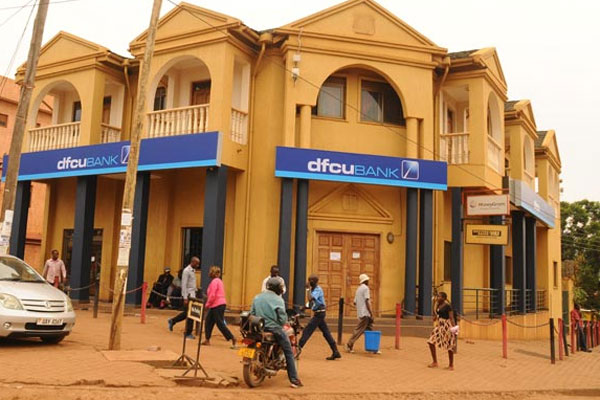A London High Court judge has ruled in favor of Crane Bank (CBL) and its shareholders, rejecting DFCU Bank’s attempt to introduce a controversial PwC report as evidence in their ongoing dispute.
The report, prepared by an unregulated company claiming to be PwC, contained allegations of corruption, mismanagement, and fraud against CBL and its shareholders. However, CBL’s legal team argued that the report was inadmissible due to its questionable authenticity and reliability.
Court’s Ruling
Justice [Name] agreed with CBL’s arguments, citing several reasons for rejecting the PwC report. These included:
The report was not prepared by PwC, the global accounting firm, but rather by an unregulated company claiming to be PwC, which is not licensed to make accounting reports in Uganda.
There are multiple versions of the report, some of which contradict each other, and some lack signatures or have different signatures and dates.
The report is incomplete, with missing pages and lacking appendices and underlying documents.
CBL does not have access to its data and records to contradict the report’s contents, which are held by DFCU and the Bank of Uganda.
Implications
The court’s ruling is a significant setback for DFCU’s case against CBL. By rejecting the PwC report, the court has limited DFCU’s ability to rely on its allegations against CBL and its shareholders.
In a separate application, DFCU sought extensive document disclosure and search orders against CBL. However, the court limited the scope to:
Searching Sheena’s personal email, due to emails from Rupesh about CBL being sent to her address.
Searching phones of specific individuals (Dr. Ruparelia, Meera, and Sheena) shown to have used messaging services during 2015-2019.
Procedural Directions
The court also made procedural directions for the case, including:
Replacing the late Rajiv Ruparelia with his estate, represented by Dr. Sudhir Ruparelia.
No hearing dates have been set for October, pending further filings.
Conclusion
The court’s ruling is a significant development in the ongoing dispute between DFCU and Crane Bank. CBL’s legal team has expressed satisfaction with the ruling, stating that it vindicates their position and allows them to continue pursuing their claims against DFCU.
DFCU, on the other hand, has yet to comment on the ruling. The case is expected to continue in the coming months, with further hearings and proceedings anticipated.





